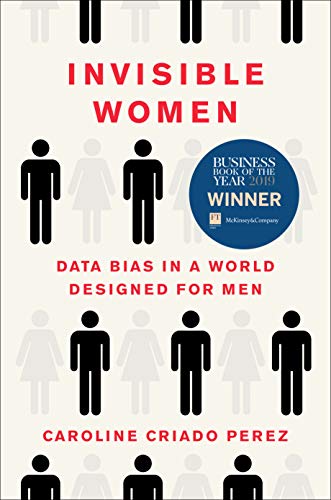 Review in Hungarian Magyarul itt: Újegyenlőség Have you ever looked into how large is the average handspan? or how large is a female or a male handspan? If you play the piano you may find that the keyboards are designed to fit the average male hand? So what... you may wonder. Well, the consequences can be measured with statistics, the disadvantage: the disproportionate work-related injuries women suffer and where keyboard players are most at risk if we look into instrumentalists. Not speaking of the 'successful performers', injuries disqualify one to get into the club, and yes, larger hand span makes one more likely to get there. This is just one example of the problem that we encounter almost everywhere: the design bias, based on the 'average men' assumption: buildings, offices, public toilets, air-conditioning adjustments just to name a few. The book unfolds with a sea of data: macro and micro-level, data that has at first hand UK and US-focus but being systemically–within the limits of availability and space–contrasted and complemented with data from developing countries, with a special focus on the global South. Turns out, despite of the differences in social-cultural contexts that are not being taken into account by developmental and "aid" projects, subtle and explicit mechanisms of segregating women or neglecting the needs and situation of women is an overarching problem. In case of emergency or disasters the problems around shelters or refugee centers with gender neutral and remote toilets, and shared spaces evoke the same problems of violence and rape despite of the location: Sweden, US, Lebanon or India. The same goes with the series of examples connected to political participation of women, even if they go through the diverse electoral processes that might favor or not their presence, turns out harassment: verbal, sexual, and cutting the voice by institutional or situational means as well as crowding women out from decision-making through informal ties: are all present in Argentina or New-Zealand, in Afganistan or Sweden. Women are being perceived as more aggressive for the same behavior as men in politics. I met Daniele in Pordenone, the industrial district in North-Italy, where he would lead me through the process of design, manufacturing and production at Valcucine. It was an intense field work, I got access to knowledge accumulated through years, and the opportunity to interview designers on spot. Daniele's knowledge about sustainability, design, and marketing fascinated me. Since he runs Archivibe an exciting endavour, a journey through architecture, that I was absolutely curious about. Read the interview with Daniele Prosdocimo on Octogon the Hungarian magazine for Architecture and Design and on the website of Archivibe.
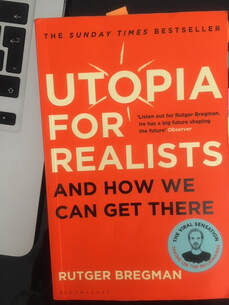 This book is a lightweight reading for those who are interested in the overall question on how to change capitalism to make it a liveable, more just and equal space for all on this globe. Specifically, the core of the reasoning is based on the "free money to everyone", the basic income, and the fifteen-hour workweek topics – the topics for Bregman got to be known by the wider public since years – and the topics which represent the most grounded parts of the book. It is a journey through course material in economics, social and development studies with a storytelling narration. The examples based on the classics are presented vividly, taking space from in-depth analysis, or thoroughly constructed insights. This reading is an introduction with an overview, that can be easily read commuting on a train, or on a weekend. 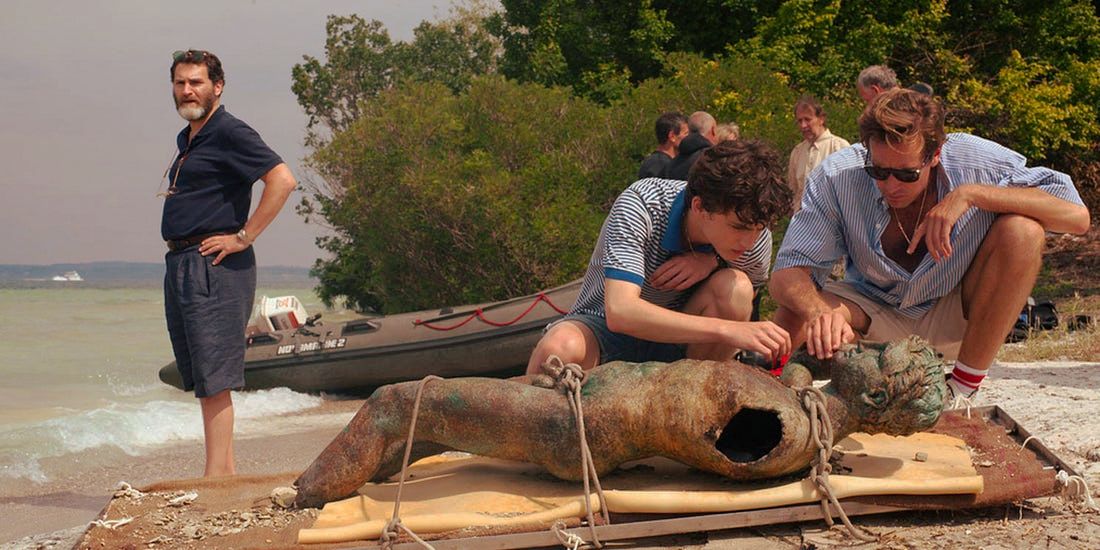 No social status plays an actual role in the set, privilege is given, and no language or culture can step in the way, even the understanding family environment–and here one can think about the role of the father figure–can place a barrier to the characters to live out the timeless love. This island of no time and status sets the viewers to free themselves from prejudice, expectations, or anger and opens them for the emotional journey of a pure as a mountain spring unfolding love of two spirits. What happens on the screen, becomes inevitable, mystical and terrestrial in its reality, as sensual as a peach, making love with the entire world embracing women, summer nights, the wars, partisans, lake, or eggs. The scenery is vivid and eternal, drawing on the semantics of antiquity, the torso-like body images, and landscapes. 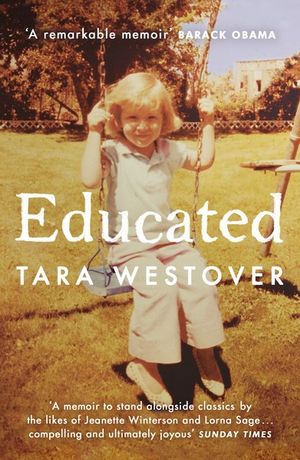 It is a fundamental book for all who faced the difficulty of coping with belonging to different worlds, being torn by love and abuse, by family and healing, by the physical brutality of history learned and the ivory tower of a narrow story told at home, and that is true from the reverse side: the physical brutality of life ‘outside’ and the ivory tower of a library, the scars, bruises, the blood and sweat, and the touch of the cashmere fabric on the shoulders while writing at a desk with a bleeding heart open for surgery, for tearing down and building up the reality of our world. So much wisdom, heart, and life Everyone should have the right for being present and being counted in a society from birth. Tara, just as her siblings, was about not to be officially registered until 9. Nor she could have an idea what ‘school’ was. Having that free spirit and open mind of hers she made it finally through education. Education I got and did and accomplished and even have been annoyed about sometimes for being it smth I was OUGHT to do: as my parents’ view was having it as the only ultimate way to find where one can thrive and evolve in their life. But Tara and her family were embracing a life close to nature, with its cycles, caresses and knockdowns. In a community, where trust, help, cooperation, ‘natural’ division of labour and hierarchy, animals and plants, the wind and the sun were around. She knows what it means to live without media, and meaningless boredom covered with consumerism. She also knows what FEds are and being capable of in this ‘war’ within in and out of society. How vulnerable can one be as a child where no others or behated institutions around would give a hand, a shelter, or a way out from distorted to the extent of insane inner war fought by a parent, harming their family. Strength and commitment where being a child finding the ‘right’ or ‘wrong’ shall come from family. I owe all my respect to the Author of honesty who masters the art of words, emotions and cognition. I couldn’t go through this book without love, hope and healing. ffaludi julianna aludi julianna 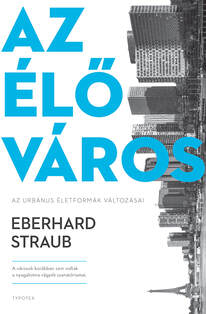 Eberhard Straub könyve a városok történetét, az egymásra rakódott, és ugyanakkor dinamikusan változó legfontosabb kultúraformáló tényezők mentén mutatja be. Miközben áttekintést ad az európai városok fejlődésének, típusainak legfontosabb narratív kereteiről, felvázolja az életmódokat és széles ecsetvonásokkal azok társadalompolitikai kontextusát. Olyan könyv, amit egy-egy fordulópontnál az ölébe ejtve az elmúlt korokon mereng el az olvasó: hol elnagyoltan, hol részletgazdagon ábrázolja a lakásokat, a családokat, a hétköznapokat. A hasonlatnál maradva, a szerző művészien elrendezett, de mégis előrenyomott mintákkal dolgozik. Fátyolként libben fel időnként a hibátlanul előadott klasszikus narratívákról egy-egy ponton a csipke: észrevehetően, artikuláltan, de nem égbe kiáltva, hanem a szövegbe simulva hangzanak el a kritikai megjegyzések. Hogy mi is az a város? A szerző egyszerűen a városi együttélések formáiként határozza meg, a mű legfontosabb vezérfonala a városban élő egyének és közösségek körülményeinek, létfeltételeinek és fejlődési lehetőségeinek bemutatása. Az együttélési formák szálanként bomlanak ki a közösség és egyén, a nyilvánosság és magánszféra, a szabadság és korlátozottság, a fény és a sötétség, az otthonok és az utca tengelyén, illetve a társadalmi rétegek kölcsönhatása és átjárhatósága, a köztér és színtér vonatkozásában. A könyv drámai felépítése először magába az apokalipszisbe helyezi az olvasót, hogy onnan a pusztítás-építés dialektikájába lendítse át, rávilágítva egyrészről az apokalipszis mindennapiságára, másrészről rögvest kilátásba helyezve a világok kibomló sokszínűségét, melyek egymást váltva terülnek ki díszletként a mai olvasó előtt. A szöveget egyébként élvezetes olvasmánnyá teszi, hogy a városok ábrázolása a teatralitás eszköztárából merít. Ezen a képzeletbeli színpadon a felvonultatott városok helyét az urb et orbis (város és világközpont) szerepnek való megfelelésen keresztül jelöli ki. Maga a színház – nyilvánosság kapcsolat, ami végigvonul a könyvön – ősrégi, hiszen a színpad és a közönség szervesen képezték le a nyilvánosságot az ókortól kezdve. A szövegbe oltott irodalmi reminiszenciák, a színház társadalmi funkciói közül a legalapvetőbb, az adott korok életproblematikájának paradigmatikus megjelenítése miatt kerültek be, még közelebb hozva az olvasót az adott városhoz, korhoz: ebben a tekintetben a legpazarabb díszlettel Madrid rendelkezik. |
HelloJulianna Faludi PhD is a sociologist and writer. She is interested in the relationship of technology, society and the arts, and ethical consumption. Her background is in economic sociology, development studies, and humanities. As a professor she has a track record in lecturing courses in Innovation, Branding, the Arts, Russia studies, and Sociology. Beforehand she worked with regional development in different roles. Julianna has experience in broadcasting, giving talks, and writing. She masters several languages, Russian, Italian, English, French and Hungarian. Julianna Faludi All rights reserved. You may not take images or content or replicate any of the content from this site without written permission.udi juliann
Archives
September 2022
Categories
All
|
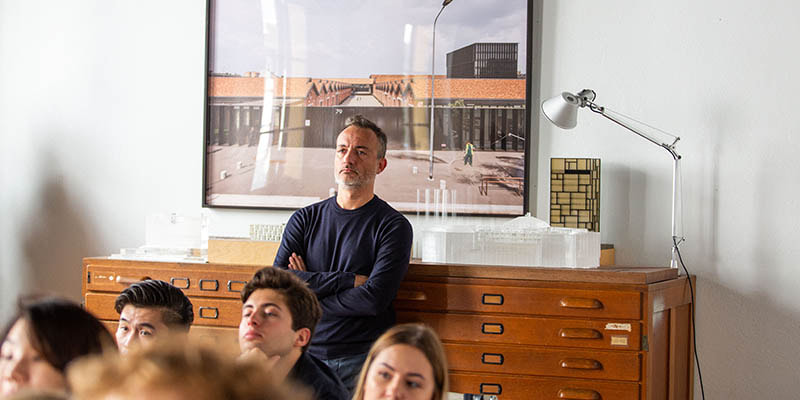
 RSS Feed
RSS Feed
